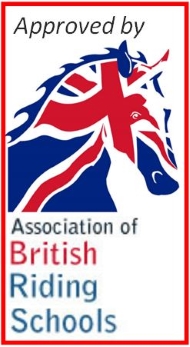WHAT WILL I LEARN
Learn to ride on one of our safe and sensible horses.
For more information on what you can learn at Bassingfield, please contact us on 0115 9816 806 to see if we have a suitable horse or lesson available for you. Weight limits will apply.


